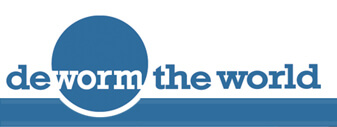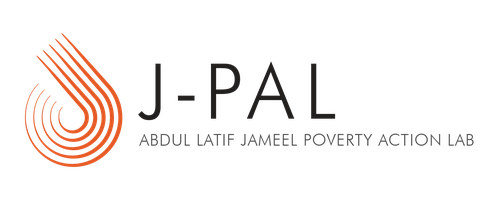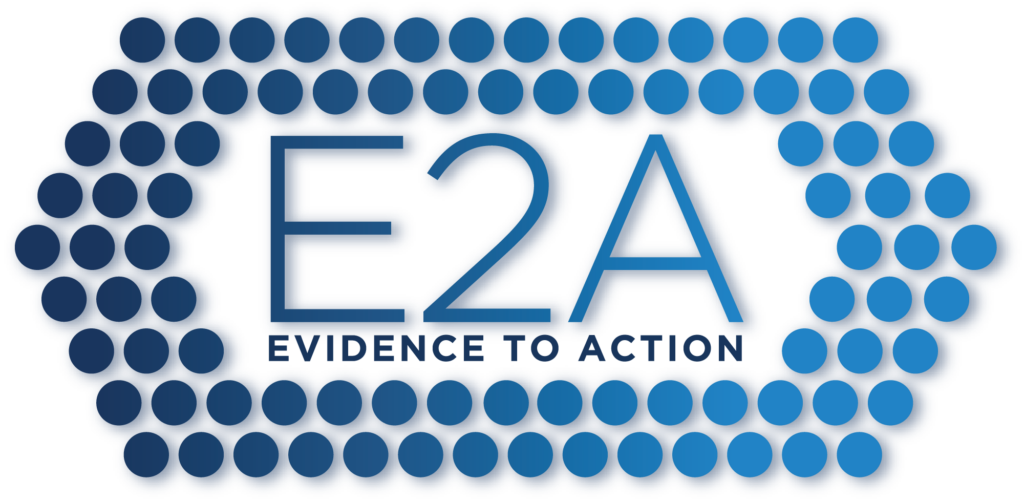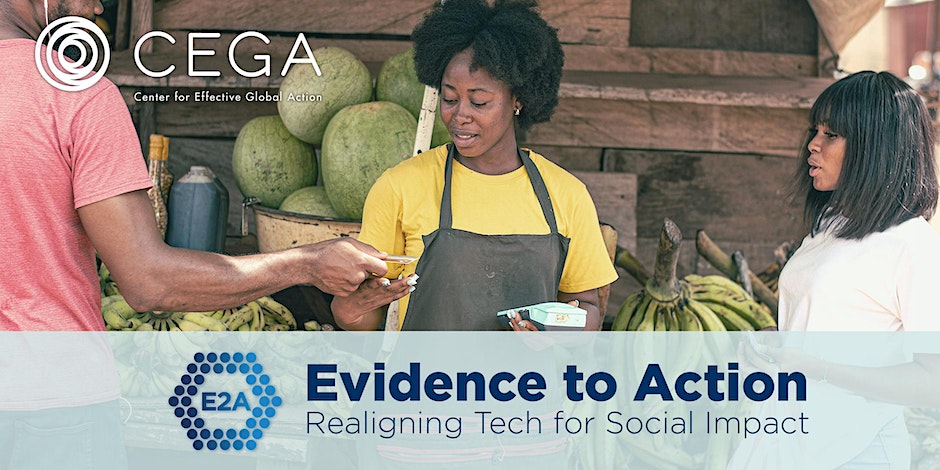Evidence to Action 2010: Low-cost, High-impact Solutions for Global Health and Education
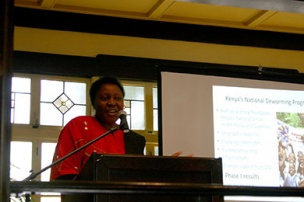
For current information about the Deworm the World Initiative and Dispensers for Safe Water program, visit their new home at Evidence Action.
Treating children for parasitic worms costs just pennies per dose, and it keeps them healthy enough to stay in school. Now—based on ground-breaking research showing that school-based deworming can reduce absenteeism by 25 percent— the Government of Kenya is bringing deworming medicine to 3.6 million children in over 8,000 schools.
On April 15th 2010, the Center of Evaluation for Global Action co-sponsored a half day symposium at the Bancroft Hotel in Berkeley on deworming and other low-cost, high-impact solutions for global health and education. This website features presentations and information from the meeting, as well as links to films screened at the event.
Treating Children for Parasitic Worms:
An Educational Imperative
- Power Point Presentation: Don Bundy
- Power Point Presentation: Michael Kremer and Edward Miguel
- J-PAL Policy Briefcase: Deworming
Evidence to Action: Scaling Up
School-based Deworming
- Power Point Presentation: Lesley Drake
- Power Point Presentation: Margaret Ndanyi and Karen Levy
- CEGA Action Brief: Deworming in Kenya
New Low Cost, High Impact Technologies
for Global Health and Education
- Power Point Presentation: Amrita Ahuja
- Power Point Presentation: Paul Gertler
- IPA Flyer on Chlorine Dispensers
- Government of Kenya Flyer on Chlorine Dispensers
- CEGA Flyer on Cement Floors
Event Summary
Over 400 million children worldwide are infected with either roundworm, hookworm or whipworm. Leading researchers from Harvard and UC Berkeley have found school-based deworming to be one of the most cost-effective ways to increase school participation. At a cost of less than $0.50 per child per year, deworming has been shown to decrease school absenteeism by 25 percent.
Based on these findings, in 2007 an innovative NGO, Deworm the World (DTW), was started by the Young Global Leaders of the Clinton Global Initiative to advocate for large scale school-based deworming. DTW has worked the Government of Kenya to implement a National Deworming Program as part of the country’s 2009 National School Health Policy and Guidelines. The short documentary A Call To Action, by award-winning director Eugenio Polgovsky, demonstrates the effectiveness of using existing school and training networks to distribute deworming pills.
The health and development impacts of several new technologies have been tested by CEGA and J-PAL researchers in the last year. Community-based chlorine dispensers, installed at points of water collection in rural Kenya, have increased access to safe drinking water and proven a cost-effective way to reduce diarrhea among children. Based on this evidence, local and national governments and NGOs worldwide have shown significant interest in adopting this technology. Hygienic cement floors have also been proven to reduce diarrheal disease burden, resulting in improved cognitive development and school readiness among children living in Mexico’s urban slums. Cement floors have also greatly contributed to decreased rates of depression and stress, improving the quality of life for a number of families living in extreme poverty.
Event Photos
https://www.flickr.com/photos/59053315@N06/sets/72157625919967555/


